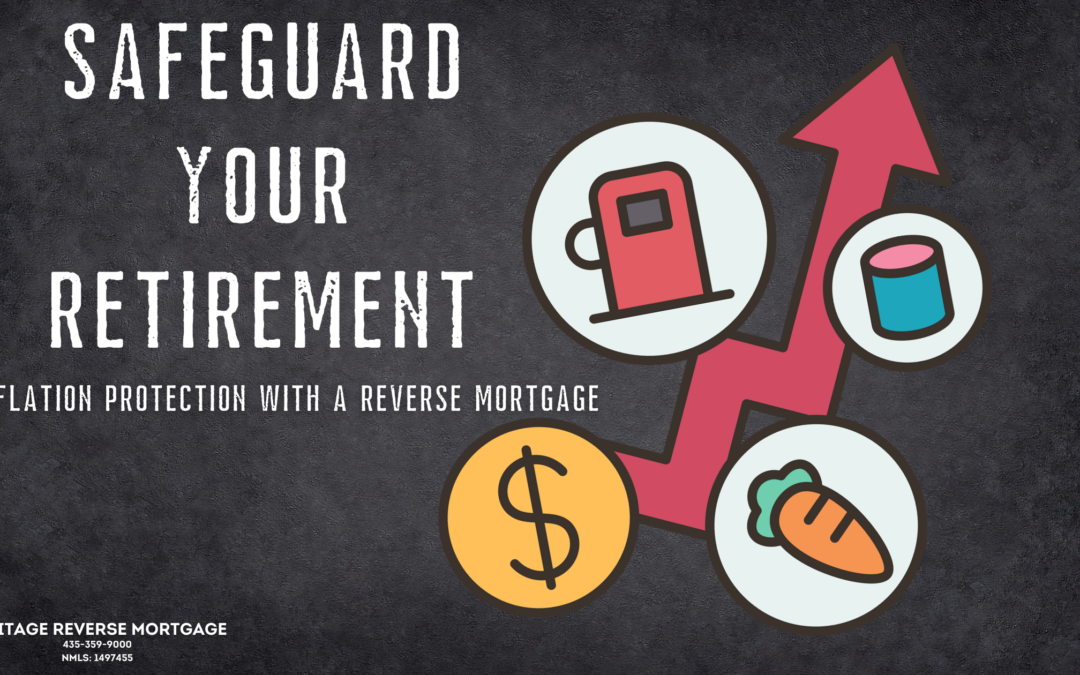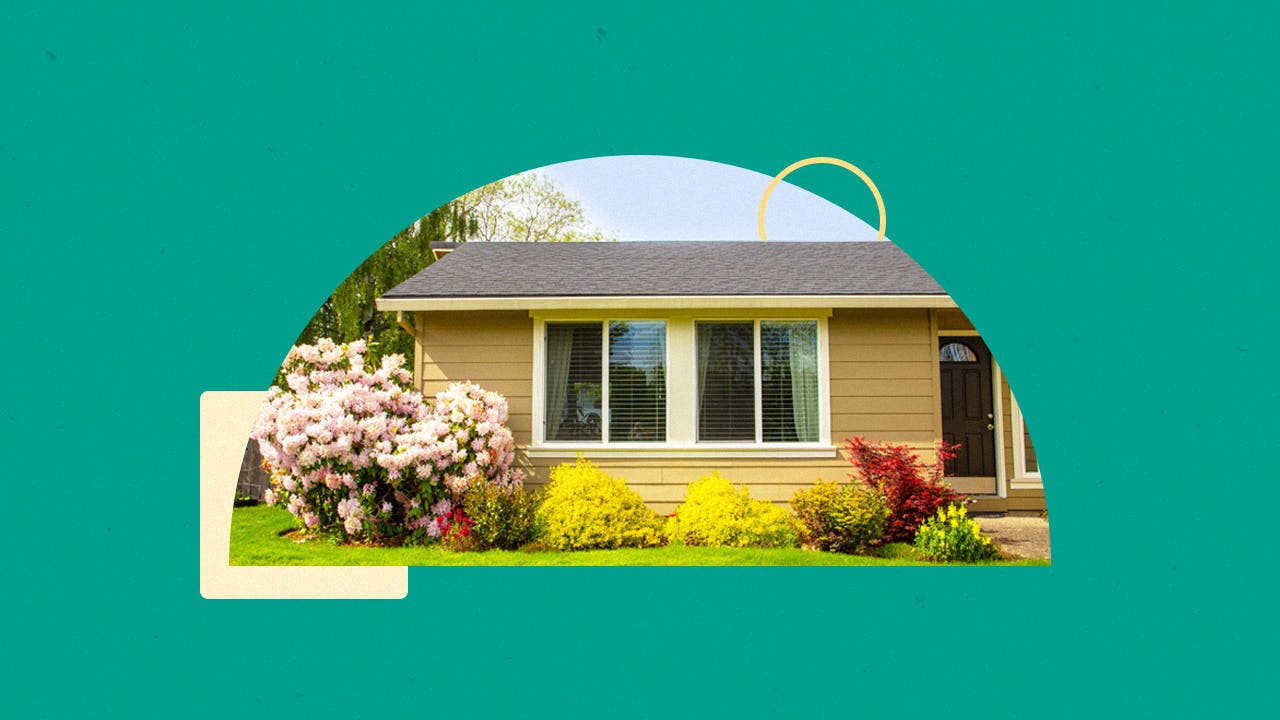Empower Your Retirement: The Smart Method to Acquisition a Reverse Home Mortgage
As retired life strategies, numerous individuals seek reliable techniques to enhance their economic self-reliance and wellness. Amongst these strategies, a reverse home loan becomes a viable option for home owners aged 62 and older, permitting them to take advantage of their home equity without the necessity of month-to-month repayments. While this financial tool provides a number of benefits, consisting of boosted cash flow and the potential to cover essential costs, it is vital to comprehend the ins and outs of the application procedure and crucial considerations entailed. The next steps might disclose just how you can make a well-informed choice that can considerably affect your retirement years.
Understanding Reverse Home Mortgages
Recognizing reverse home loans can be essential for house owners looking for financial versatility in retirement. A reverse home loan is an economic item that enables eligible house owners, generally aged 62 and older, to convert a part of their home equity into cash. Unlike standard mortgages, where consumers make month-to-month payments to a lending institution, reverse home mortgages allow home owners to obtain payments or a round figure while preserving possession of their building.
The amount readily available via a reverse home mortgage depends upon several elements, including the house owner's age, the home's worth, and present interest prices. Significantly, the car loan does not have actually to be paid off up until the homeowner markets the home, vacates, or dies.
It is crucial for potential customers to understand the ramifications of this monetary item, consisting of the influence on estate inheritance, tax considerations, and ongoing obligations associated to building upkeep, tax obligations, and insurance coverage. In addition, counseling sessions with accredited experts are often required to make certain that customers completely understand the terms and conditions of the lending. On the whole, a thorough understanding of reverse home loans can empower homeowners to make enlightened decisions about their economic future in retired life.
Benefits of a Reverse Home Mortgage
A reverse home mortgage offers numerous engaging advantages for qualified homeowners, particularly those in retirement. This economic device allows elders to transform a portion of their home equity right into cash money, supplying important funds without the requirement for regular monthly mortgage payments. The cash obtained can be made use of for different functions, such as covering medical expenses, making home renovations, or supplementing retired life revenue, therefore enhancing total monetary adaptability.
One considerable benefit of a reverse home loan is that it does not require payment till the home owner vacates, offers the home, or passes away - purchase reverse mortgage. This attribute makes it possible for retired people to maintain their lifestyle and fulfill unexpected prices without the worry of monthly repayments. In addition, the funds gotten are generally tax-free, permitting property owners to utilize their cash money without anxiety of tax implications
Moreover, a reverse mortgage can supply assurance, understanding that it can function as an economic safety and security internet during difficult times. Homeowners also maintain possession of their homes, guaranteeing they can continue staying in an acquainted setting. Ultimately, a reverse home loan can be a tactical funds, encouraging retirees to handle their finances effectively while enjoying their golden years.
The Application Refine
Browsing the application procedure for a reverse home mortgage is a crucial action for home owners considering this financial choice. The first phase includes evaluating eligibility, which generally requires the house owner to be at the very least 62 years old, own the property outright or have a reduced home loan balance, and inhabit the home as their main residence.
As soon as eligibility is confirmed, home owners must go purchase reverse mortgage through a therapy session with a HUD-approved counselor. This session makes sure that they fully recognize the effects of a reverse home mortgage, consisting of the duties entailed. purchase reverse mortgage. After completing therapy, candidates can proceed to collect necessary documents, including evidence of income, properties, and the home's worth
The next step requires sending an application to a lender, that will examine the financial and building certifications. An evaluation of the home will additionally be performed to establish its market price. If accepted, the lender will present lending terms, which should be reviewed carefully.
Upon approval, the closing procedure adheres to, where last papers are authorized, and funds are disbursed. Recognizing each stage of this application process can substantially boost the house owner's confidence and decision-making concerning reverse home mortgages.

Secret Considerations Prior To Purchasing
Acquiring a reverse home mortgage is a significant financial decision that needs mindful factor to consider of her latest blog several vital variables. Recognizing your qualification is vital. Homeowners should be at least 62 years old, and the home should be their key house. Evaluating your economic requirements and objectives is similarly essential; figure out whether a reverse mortgage lines up with your long-term strategies.

A reverse home loan can affect your eligibility for specific federal government advantages, such as Medicaid. By completely assessing these considerations, you can make an extra educated decision about whether a reverse home loan is the ideal economic strategy for your retired life.
Taking advantage of Your Funds
As soon as you have actually protected a reverse mortgage, efficiently managing the funds becomes a top priority. The flexibility of a reverse home loan permits house owners to utilize the funds in numerous methods, however tactical planning is essential to get redirected here optimize their benefits.
One key strategy is to create a budget plan that details your month-to-month expenditures and economic goals. By determining required costs such as health care, real estate tax, and home maintenance, you can allot funds accordingly to ensure lasting sustainability. Furthermore, think about utilizing a section of the funds for financial investments that can generate earnings or value with time, such as mutual funds or dividend-paying supplies.
One more vital aspect is to maintain an emergency fund. Setting aside a reserve from your reverse home loan can assist cover unforeseen expenses, supplying assurance and financial security. In addition, seek advice from an economic advisor to explore possible tax obligation implications and how to incorporate reverse home mortgage funds into your overall retirement strategy.
Ultimately, prudent administration of reverse home mortgage funds can boost your monetary safety and security, permitting you to enjoy your retired life years without the tension of financial uncertainty. Careful planning and informed decision-making will make sure that your funds work successfully for you.
Verdict
In final thought, a reverse mortgage presents a sensible economic method for elders looking for to boost their retirement experience. By converting home equity into accessible funds, individuals can attend to essential costs and secure extra economic sources without incurring regular monthly settlements. However, cautious factor to consider of the linked terms and ramifications is important to maximize benefits. Inevitably, leveraging this financial device can help with greater freedom and enhance total lifestyle throughout retirement years.
Comprehending reverse home loans can be vital for house owners seeking monetary adaptability in retirement. A reverse home mortgage is an economic item that enables qualified house owners, commonly aged 62 and older, to convert a part of their home equity right into cash money. Unlike conventional mortgages, where debtors make monthly payments to a loan provider, reverse mortgages make it possible for homeowners to get settlements or a swelling sum while preserving possession of their building.
Overall, a thorough understanding of reverse home mortgages can encourage house owners to make educated choices about their economic future in retirement.
Consult with a monetary consultant to explore feasible tax obligation ramifications and exactly how to incorporate reverse home loan funds into your general retired life method.